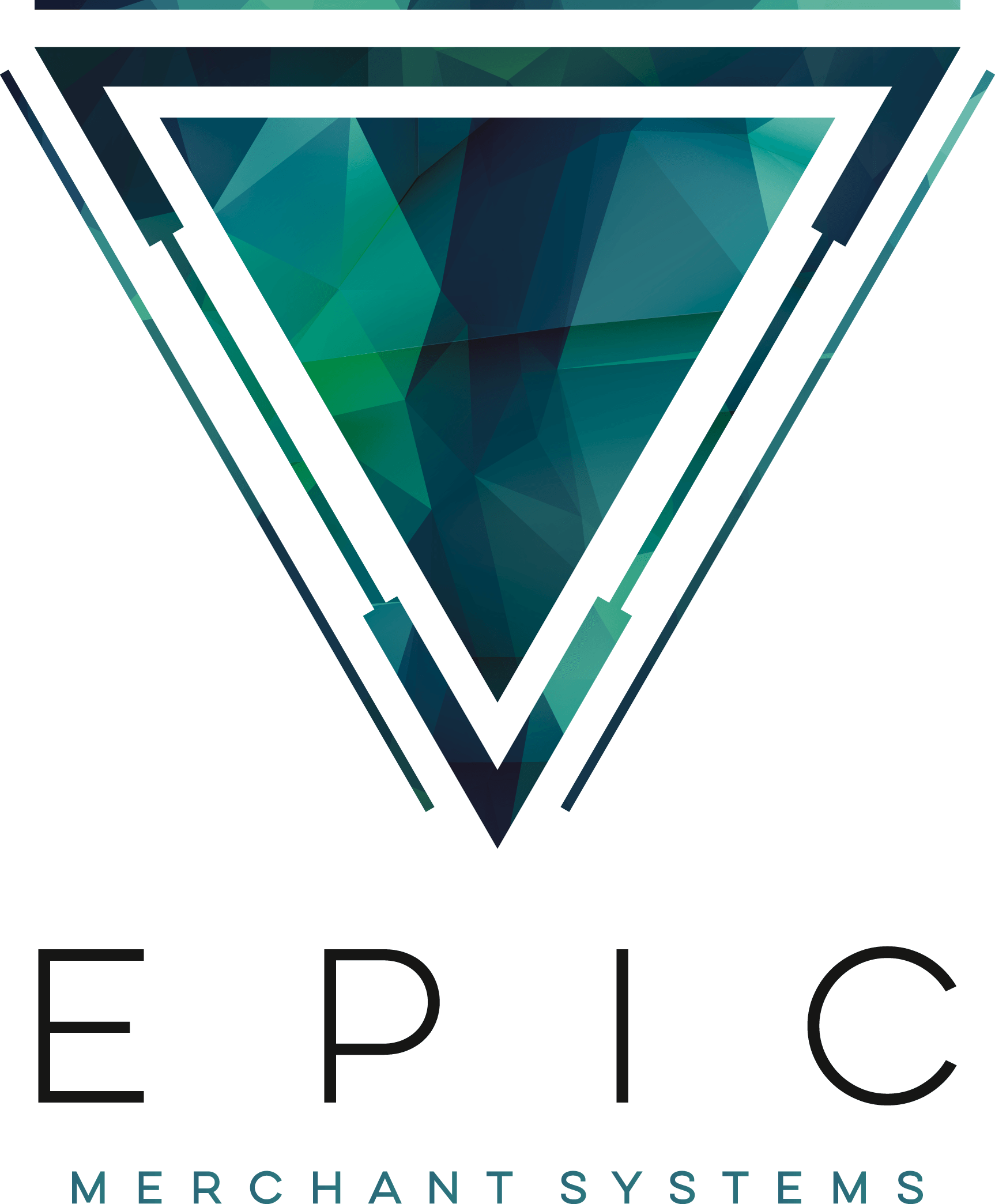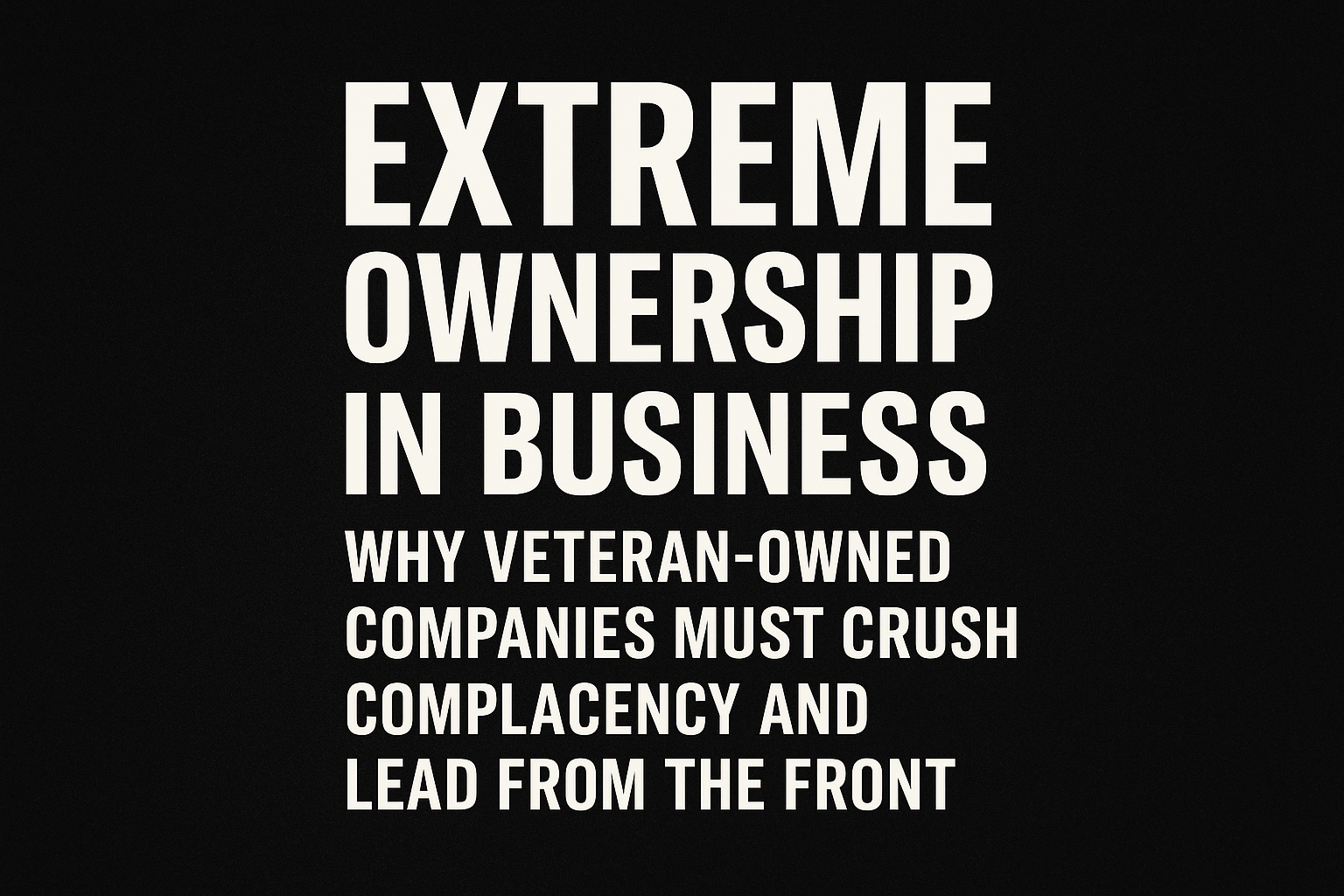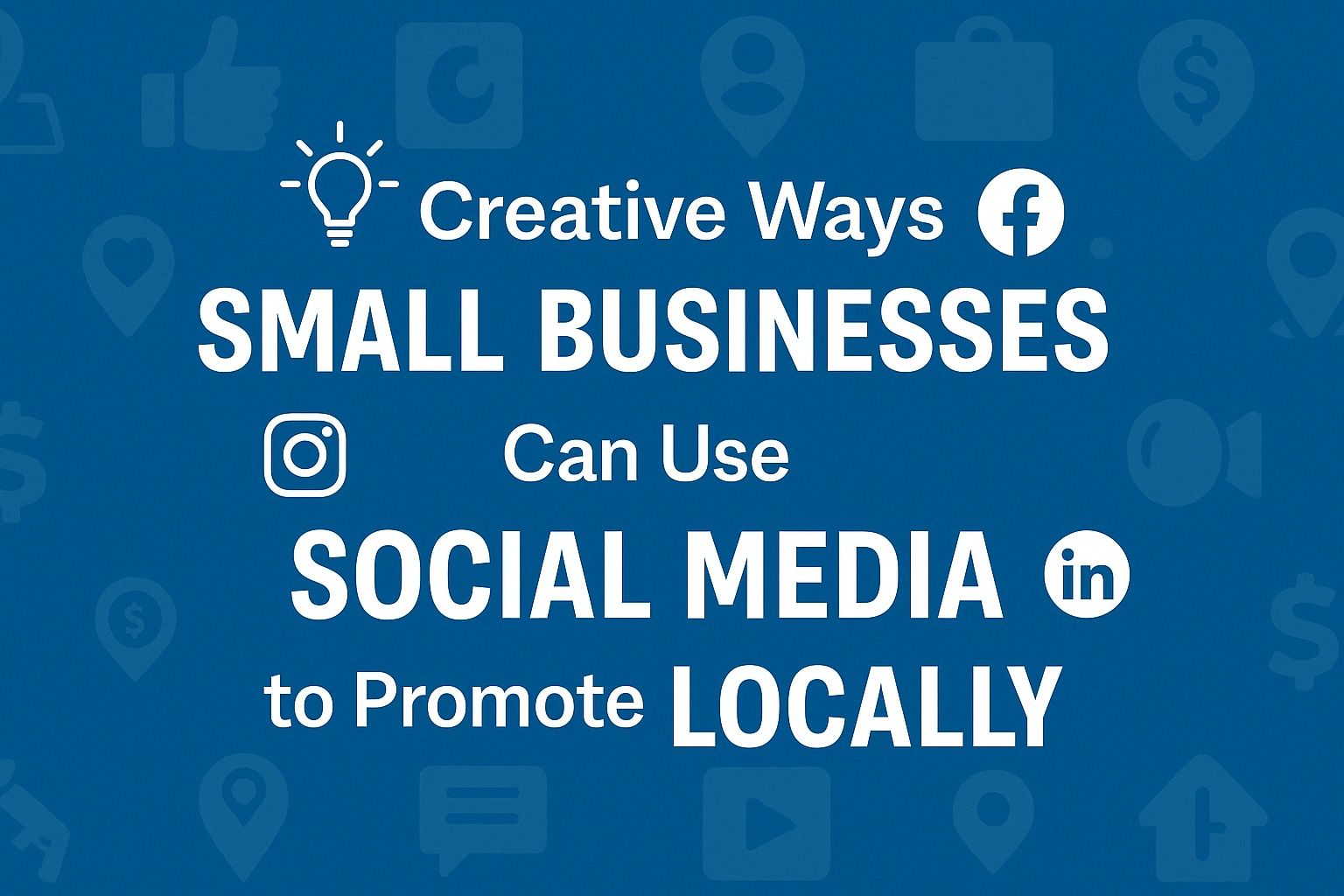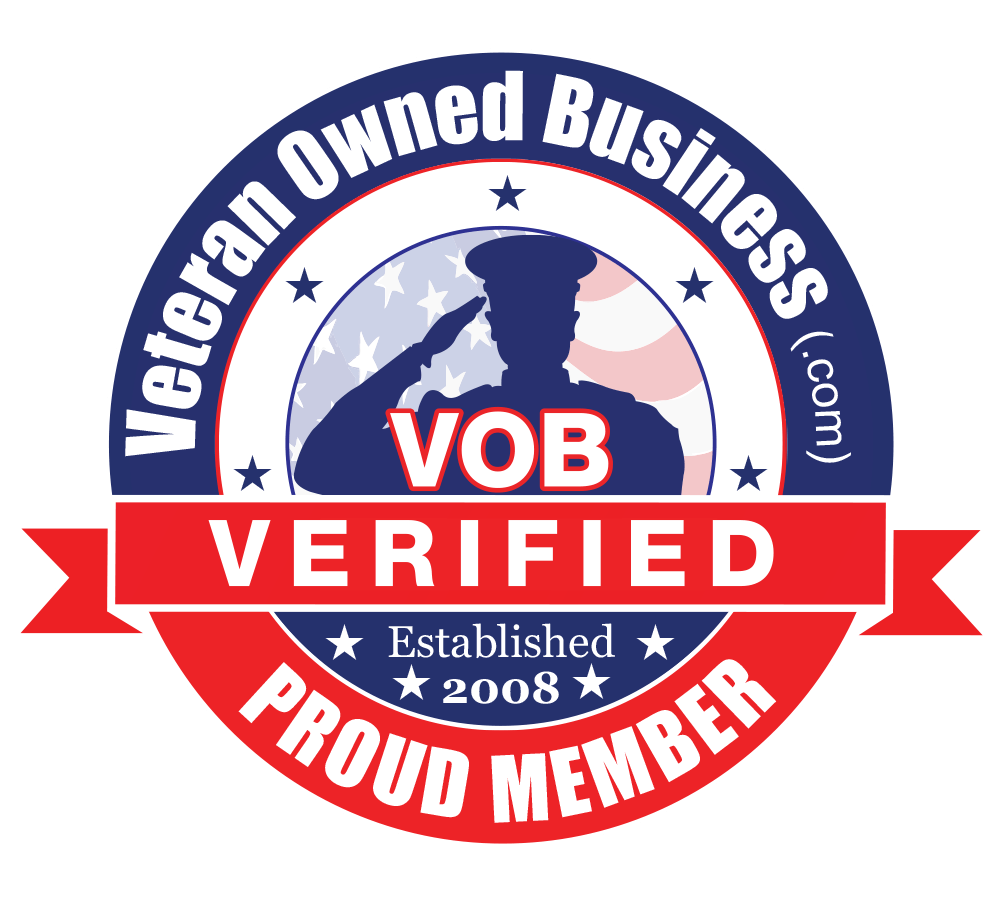What is a Payment Gateway?
A payment gateway serves as a merchant service for eCommerce sites as well as some traditional brick-and-mortar stores.

In a complex industry like payment processing, you can't assume you will understand every aspect of it from the beginning of your eCommerce venture. However, there are a few secrets to the process that you should know before committing to a payment gateway that doesn't meet your full needs.
You can think of payment gateways as a bridge between your merchant account and your customers. Merchants can use them to process sale transactions manually or electronically, to integrate payment processing capabilities into their websites, and to run an eCommerce business or even a retail business.
A payment gateway's features and price can vary based on the gateway.
Standard Features
- Customer Information Manager (CIM)
- Virtual Terminal for Manually Entering Transactions
- Invoicing
- Recurring Payments
· Advanced Fraud Detection Suite (AFDS)
Optional Features
- QuickBooks or Accounting Integration
- Account Updater
- Retail or Smart-phone Integration
- eCheck
Aside from reporting on the transactions that have been run, basic features typically include a virtual terminal to allow for manual entry of transactions and an API interface to allow for web integration. There are some gateways that charge for additional services like recurring billing or fraud screening, and others that offer it for free. These additional features can increase the overall cost of the gateway significantly if they are required. It is important to understand these additional costs ahead of time.
There are also more advanced payment gateways that support PC and native app payment methods. There are various types of businesses that can use these as backup options in case of failure of a terminal or POS system.
Integration
Integrating is the process of adding a payment gateway to a website. Integrations range in technical complexity. There are some payment gateways that allow customers to make purchases using HTML and return to the merchant's website once the payment has been completed, but merchants usually prefer integrating an API to make the checkout process seamless in which the customer never leaves the merchant's site. No matter which method they choose, most website owners will want a well-qualified programmer to integrate their website with their payment gateway due to concerns about security. Many popular gateways already have prebuilt integrations with popular shopping carts. A payment gateway integration is a fairly standard programming procedure that experienced programmers shouldn't have any problem with.
Support
Until you need support, you don't really give it much thought. Are you able to contact someone when a customer's card is declined? Without adequate support, gateways can seriously hurt a merchant's revenue if they go down or if technical difficulties arise such as problems with an API. When business is at stake, nobody wants email-only support.
Costs
In most cases, gateway costs are not included in merchant account fees. Gateways typically charge flat rates per month and additional fees per transaction. Costs for a payment gateway may differ greatly from company to company, and additional services may vary between companies as well. On average, merchants can expect to pay $20 - $30 per month for the ability to use a payment gateway and an extra $.05 - $.10 for each transaction processed through the gateway, although some gateways charge substantially higher fees both monthly and per transaction. When additional services, such as recurring billing, card storage, invoicing, or fraud detection, are added, the fee can increase significantly.
If you would like to learn more or have a question, please contact us at 888-350-0147 or info@epicmerchantsystems.com.






